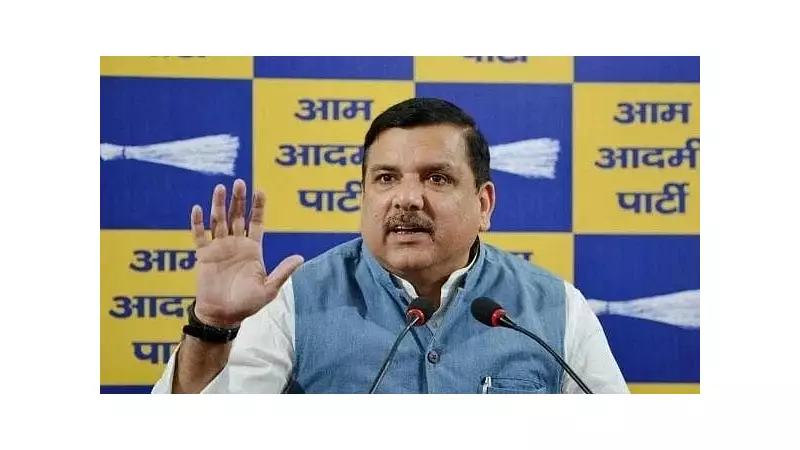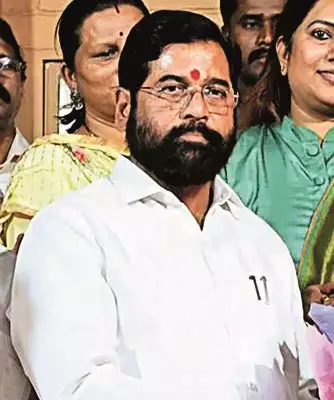
In a startling revelation that threatens to undermine the democratic process, approximately five lakh duplicate entries continue to plague Bihar's electoral rolls despite clear directives from the Supreme Court. This electoral anomaly has sparked widespread concern about the integrity of upcoming state assembly elections in 2025.
The Unheeded Warning
Aam Aadmi Party's Rajya Sabha MP Sanjay Singh has brought to light a disturbing reality: even after the Supreme Court's intervention and subsequent assurances from election authorities, massive duplication in voter lists persists. This isn't just an administrative error—it's a potential time bomb for electoral fairness in one of India's most politically significant states.
Scale of the Problem
The magnitude of duplicate entries is nothing short of alarming. With nearly half a million questionable registrations, the electoral landscape appears compromised even before campaigning begins in earnest. What makes this situation particularly concerning is the timing—with crucial state elections just around the corner.
Historical Context and Current Concerns
This isn't the first time Bihar's electoral rolls have faced scrutiny. The state has historically struggled with maintaining clean voter lists, but the current scale of duplication raises fresh questions about the effectiveness of electoral reforms. Political analysts suggest that such discrepancies could significantly impact election outcomes in closely contested constituencies.
Broader Implications
The presence of duplicate voters doesn't just affect individual constituencies—it threatens the very foundation of democratic representation. When one person can potentially vote multiple times, the principle of 'one person, one vote' becomes meaningless. This revelation comes at a time when election integrity is already under intense scrutiny nationwide.
The Way Forward
Election authorities now face mounting pressure to conduct thorough verification and cleansing of voter lists before the 2025 elections. The credibility of Bihar's democratic process hangs in the balance, making this not just a political issue, but a test of India's electoral machinery itself.






